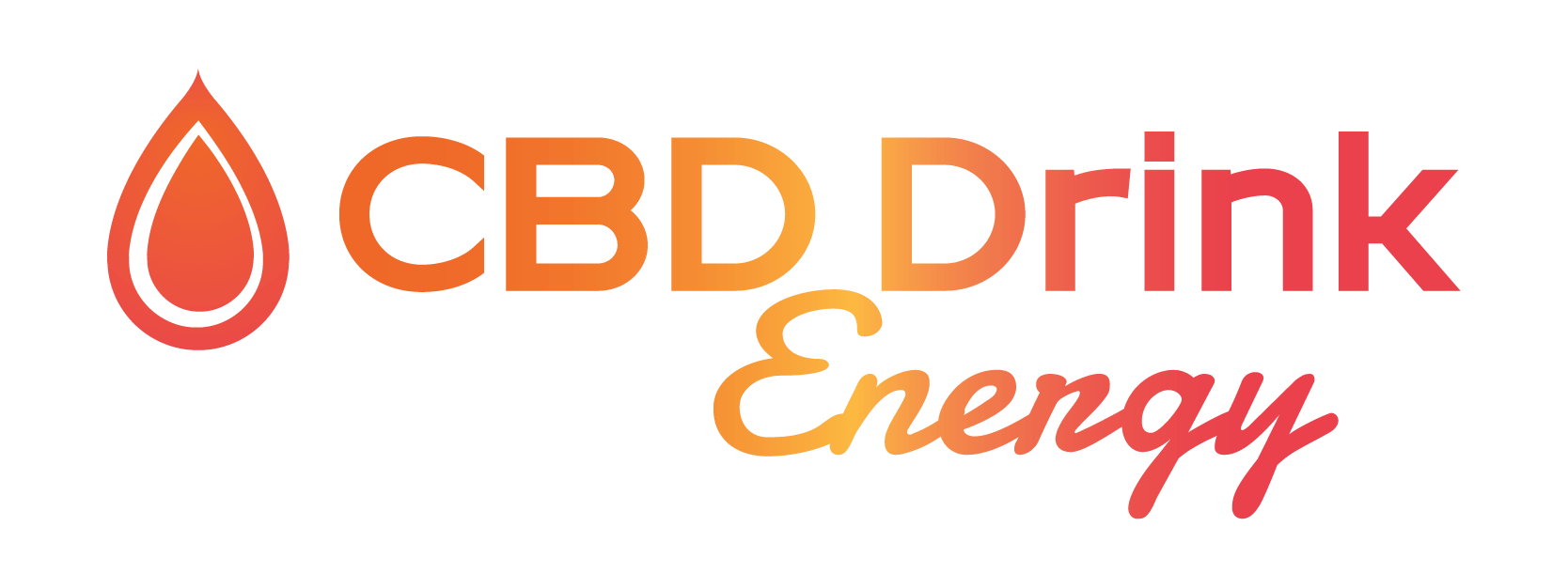The CBD energy drink market sits at a fascinating crossroads in 2025. What began as a niche product category catering to wellness enthusiasts and functional beverage consumers has now evolved into a mainstream segment attracting athletes, professionals, and casual drinkers alike. Yet the question remains—will CBD energy drinks continue to surge in popularity, or are they approaching their peak?
A Category Built on Balance
CBD energy drinks were born out of a cultural shift toward balance—where energy and calm coexist. Consumers grew tired of jittery, caffeine-heavy beverages and began looking for smoother alternatives. Cannabidiol (CBD), a non-psychoactive compound derived from hemp, offered exactly that: relaxation without sedation. When paired with natural caffeine sources like green tea or guarana, the result was a functional drink that boosted focus and reduced stress.
Over the past three years, data has shown a consistent rise in consumer interest. According to beverage trend analysts, sales of CBD-infused drinks grew nearly 30% annually between 2021 and 2024, outpacing traditional energy drink growth. Major beverage companies and wellness brands have since entered the space, introducing hybrid products that combine electrolytes, adaptogens, and CBD for a new kind of performance hydration.
Market Expansion and Innovation
The industry’s growth trajectory has been supported by innovation. Brands are experimenting with microdosed CBD formulations to meet consumer expectations for quick, predictable effects. Others are introducing sugar-free, vegan, or vitamin-enriched options designed for fitness and wellness enthusiasts.
Furthermore, retail placement has expanded significantly. CBD drinks, once confined to specialty stores, are now being sold in convenience chains, gyms, and even airport kiosks. This mainstream visibility has legitimized the category and introduced it to a broader audience.
The Challenges Ahead
Despite momentum, challenges persist. Regulations around CBD remain inconsistent across states and countries, complicating national and international distribution. The FDA has yet to finalize comprehensive rules governing CBD as a food and beverage additive, leaving manufacturers operating in a gray area.
Consumer education is another key issue. Many still confuse CBD with THC or underestimate the importance of dosing and product quality. As with any emerging wellness trend, misinformation can erode trust and stall growth if not addressed through transparency and testing.
Growth Outlook: Still Rising—With Maturity
Looking ahead, the CBD energy drink sector is expected to mature rather than explode. Analysts predict a steady growth rate of 10–15% annually over the next five years, driven by innovation in formulation, flavor, and functionality. The future likely belongs to brands that can demonstrate consistent quality, scientific credibility, and clear health positioning.
Rather than tapering off, the category appears poised to evolve—shifting from trendy novelty to long-term staple within the functional beverage industry. As consumers continue to seek sustainable energy without the crash, CBD drinks may well define the next generation of mindful performance beverages.



